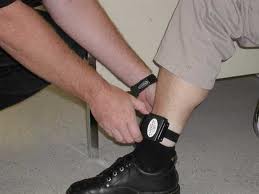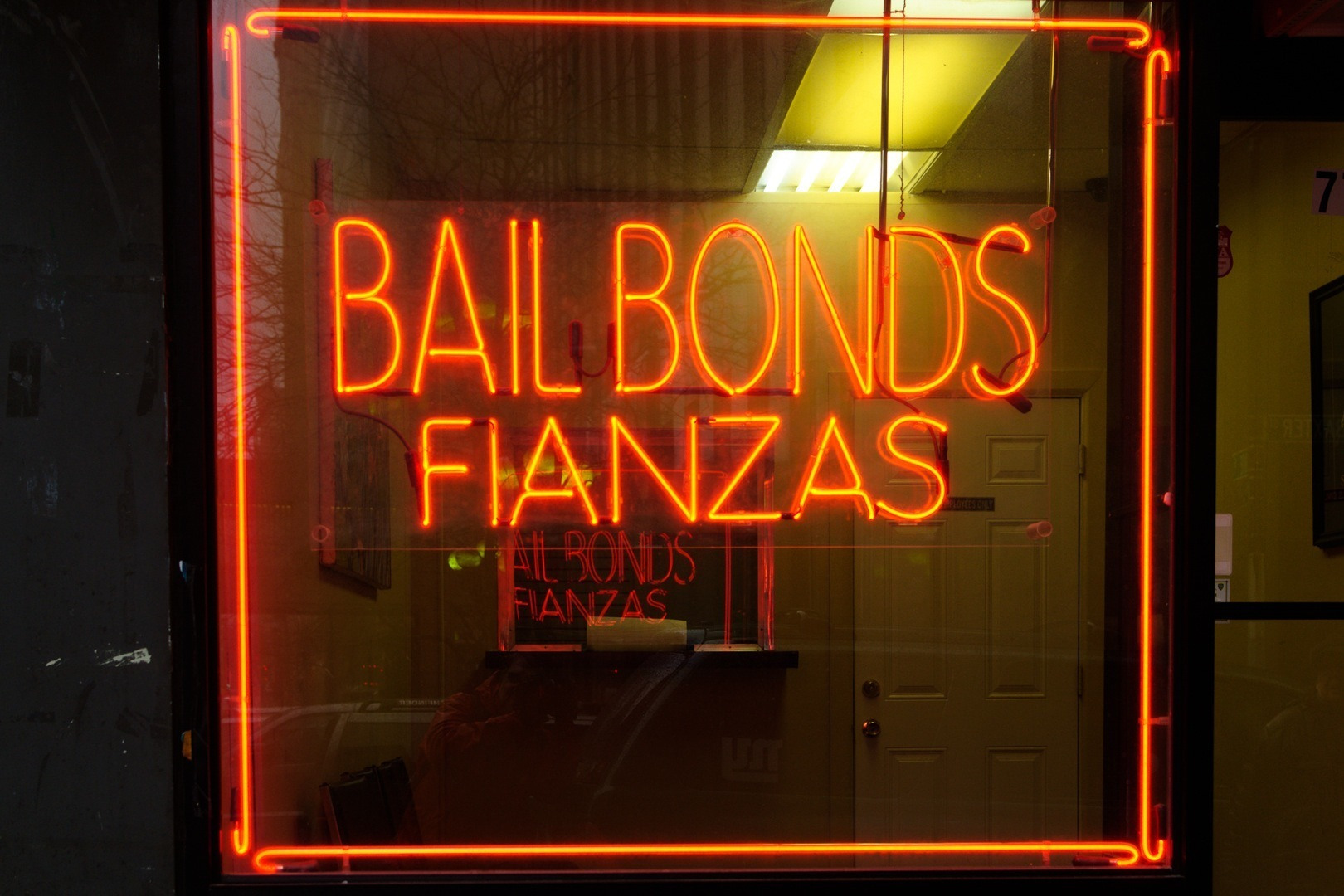According to WCNC, just this week the Charlotte-Mecklenburg Police Department announced that their electronic monitoring program led directly to a rape conviction. Damian Jackson claimed that he never committed the crime, despite evidence from the electronic ankle bracelet that showed he was at the scene at the time of the rape.
His defense attorney argued that Jackson could not have committed the crime given that he was on foot and that there was just a nine-minute window where the woman was assaulted.  It took the jury only 20 minutes to convict Jackson, apparently not convinced by the victim’s testimony. Instead they were swayed by the data contained on the monitoring system.
It took the jury only 20 minutes to convict Jackson, apparently not convinced by the victim’s testimony. Instead they were swayed by the data contained on the monitoring system.
The moment marked the first time a defendant in Charlotte has challenged the system in court. Police Sergeant Dave Scheppegrell said, “This is the first case where a person plead not guilty and we have a jury trial where a tracking monitor was showing them at the scene of a crime. That’s significant.”
For his crime, Jackson received eight-and-a-half to 11 years in prison. Had he agreed to the deal offered to him by the prosecution prior to trial he might have been released on time served.
The police department’s electronic monitory program began in 2007 and has since expanded dramatically, covering an array of crimes and suspects and running up a $35,000-a-month bill. Police say they are currently watching about 400 people at any given time and more than 1,000 this year alone.
The program was created in response to a rise in the number of robberies across Charlotte in 2004 and 2005. Even now the majority of those wearing the devices are facing robbery and burglary charges, though police have begun adding some domestic violence and sex assault offenders to the program. The program has thus far dealt with a significant number of younger offenders, with the majority of people monitored younger than 25. In February of this year, 251 of the 372 (67%) on electronic monitoring were in that age range.
 Charlotte Criminal Lawyer Blog
Charlotte Criminal Lawyer Blog










 The police will easily be able to surround and secure protestors should the need arise. Police Chief Rodney Monroe says he’s ready to do what needs to be done to keep the city calm and says that if protestors start agitating people he won’t hesitate to take action.
The police will easily be able to surround and secure protestors should the need arise. Police Chief Rodney Monroe says he’s ready to do what needs to be done to keep the city calm and says that if protestors start agitating people he won’t hesitate to take action. Almost immediately when he moved into his new role, the numbers began falling. In fact, in 2011, the department announced that the crime rate had fallen to the lowest level since it started keeping consistent records in the 1970s.
Almost immediately when he moved into his new role, the numbers began falling. In fact, in 2011, the department announced that the crime rate had fallen to the lowest level since it started keeping consistent records in the 1970s. When gunshots are fired, those sensors produce a report which is relayed back to the control room of ShotSpotter where a technician will focus on a computer screen and zoom in on a satellite map to see where the gunshots originated. The technician then analyzes the data and zeroes in on the exact block where the incident took place. After having confirmed that the sounds were indeed gunshots, the tech will then contact the police department and alert them to the gunshots, the time that the shots were detected by ShotSpotter sensors and the exact location.
When gunshots are fired, those sensors produce a report which is relayed back to the control room of ShotSpotter where a technician will focus on a computer screen and zoom in on a satellite map to see where the gunshots originated. The technician then analyzes the data and zeroes in on the exact block where the incident took place. After having confirmed that the sounds were indeed gunshots, the tech will then contact the police department and alert them to the gunshots, the time that the shots were detected by ShotSpotter sensors and the exact location. Thankfully, the employee was not injured in the attack. Police say the gunman, Lejarris Williams, took the employee’s purse and ran from the scene but was quickly apprehended by Presbyterian Healthcare Public Safety Officers on a nearby street.
Thankfully, the employee was not injured in the attack. Police say the gunman, Lejarris Williams, took the employee’s purse and ran from the scene but was quickly apprehended by Presbyterian Healthcare Public Safety Officers on a nearby street. Any improper, immoral, or indecent acts done out of the purpose to gratify sexual desires or for arousal could fall into this category of crime. In this case, a child refers to anyone, male or female, under the age of 16.
Any improper, immoral, or indecent acts done out of the purpose to gratify sexual desires or for arousal could fall into this category of crime. In this case, a child refers to anyone, male or female, under the age of 16. Most experts in the state say that the number of state prisoners affected by the Supreme Court ruling is around 88.
Most experts in the state say that the number of state prisoners affected by the Supreme Court ruling is around 88. The app also allows users to electronically transmit the file to the ACLU for safe-keeping and review. Further, the program contains legal information concerning the rights of citizens when confronted by police.
The app also allows users to electronically transmit the file to the ACLU for safe-keeping and review. Further, the program contains legal information concerning the rights of citizens when confronted by police. Frampton was arrested before he was to leave Argentina, while still in the main airport in Buenos Aires. He now faces up to 16 years in prison.
Frampton was arrested before he was to leave Argentina, while still in the main airport in Buenos Aires. He now faces up to 16 years in prison. Judge Lester says that the increased bail amount is not meant as punishment, but instead it’s meant to allay concerns that Zimmerman intends to flee the jurisdiction. The judge believes that a lesser amount would not guarantee Zimmerman’s presence in court.
Judge Lester says that the increased bail amount is not meant as punishment, but instead it’s meant to allay concerns that Zimmerman intends to flee the jurisdiction. The judge believes that a lesser amount would not guarantee Zimmerman’s presence in court.